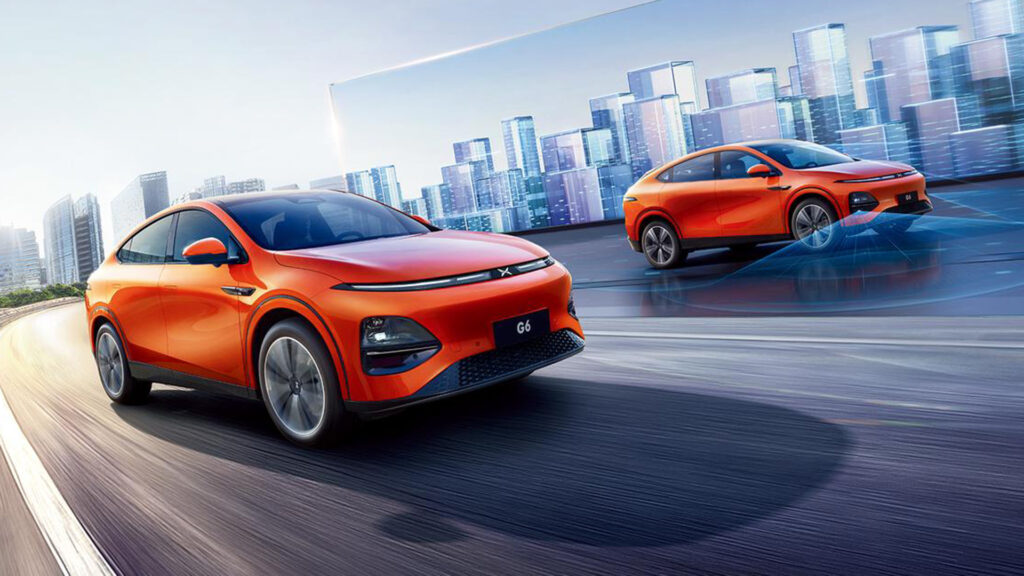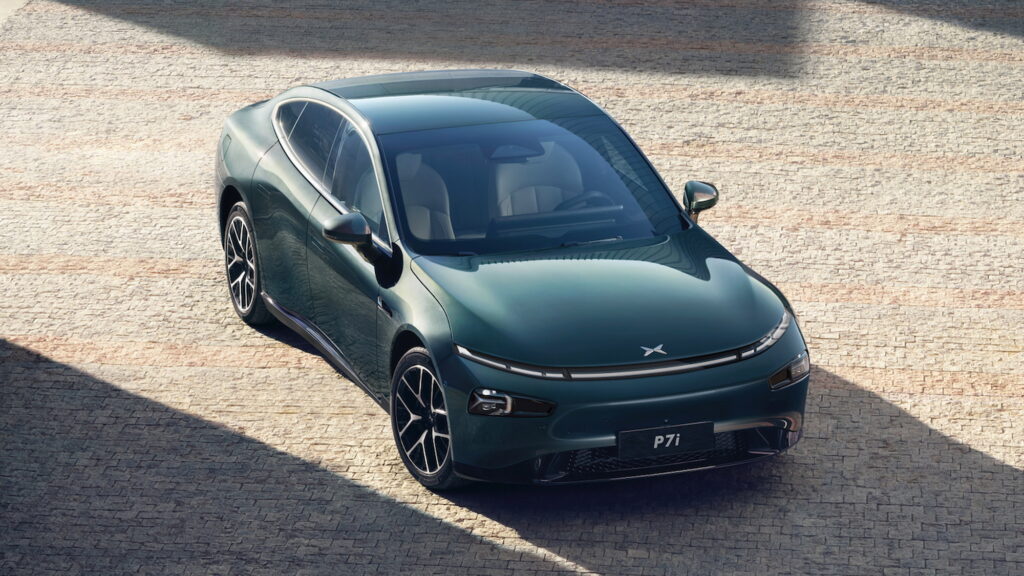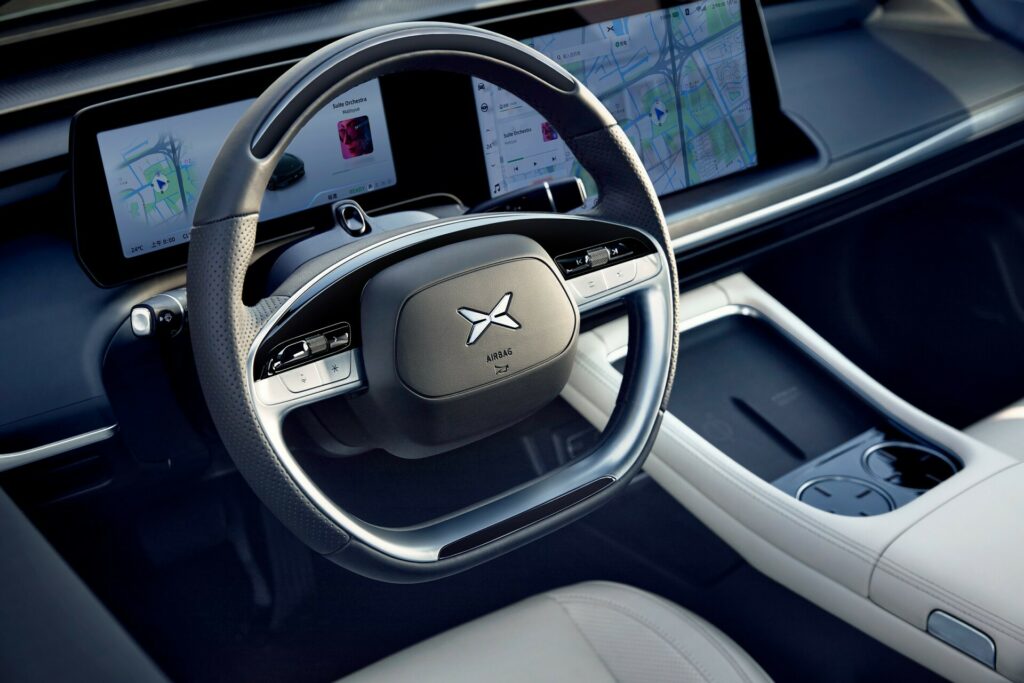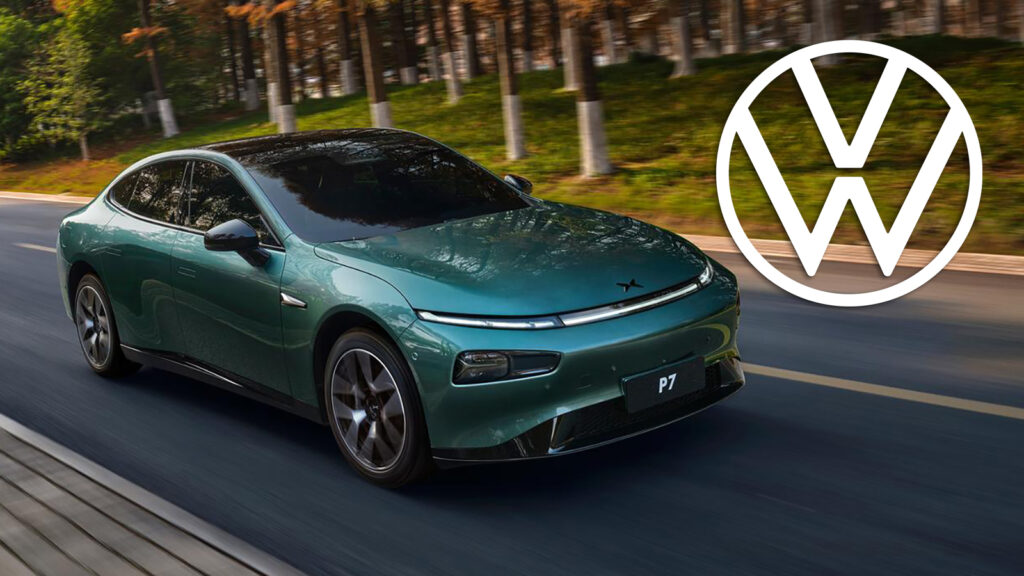Last month, Volkswagen announced a significant deal designed to expand the company’s presence and portfolio in the Chinese mobility market. Subject to approval, it seeks to purchase a five percent stake in tech-driven automaker Xpeng, with a planned investment of $700 million.
The move is regarded as a savvy one for the German automaker. Not only does it increase its footing in one of the fastest-growing markets for new-energy vehicles, but with an agreement to expand cooperation, it means VW can also tap into the technology on offer from the young Chinese startup.
Xpeng may be a smaller player in the Chinese automotive space than some of its rivals, but its technology has been at the forefront of the company’s portfolio since day one. On the other hand, while China is the largest market for Volkswagen’s internal combustion-powered cars, the company has got off to a slow start with EVs. It currently holds just a 2.6 percent market share in the Chinese NEV sales charts. Meanwhile, Tesla is the second most popular EV maker in China, with a 10 percent market share.
Read Also: VW’s Market Share Continues To Shrink In China As BYD Increases Its Sales Lead

VW’s success with its ICE offerings means the brand has a strong presence in China. However, their lack of market-oriented offerings in the EV space has put them behind a host of home players, including BYD, GAC, Wuling, Geely, Li Auto, and Chang’an.
But a tie-up with Xpeng may be what the doctor ordered for VW. Reuters cites research showing that Chinese consumers are picking cars based on gadgets such as smart cockpits and infotainment systems. In-car tech is a segment that Xpeng has invested heavily in. For example, the P7i is available with what the company describes as the “industry’s most advanced all-scenario driver assistance system.” It features 31 sensors, including 2 lidar units, five millimeter-wave radars, and 12 ultrasonic sensors to offer semi-autonomous driving in cities and on highways. Meanwhile, Tesla’s Full Self-Driving isn’t yet available for Chinese consumers.
VW plans to launch two “fully connected” midsized EVs by 2026 which will be jointly developed by Xpeng, using the company’s existing platforms and tech. By piggybacking off the homegrown startup to create new vehicles for China, VW has managed to cut its model development time roughly in half. And while it may be humbling for a company as large as VW to rely on such partnerships, it could be a sign of things to come.
Related: Audi Turns To SAIC To Buy EV Platform For China

Even though Volkswagen has less than a three percent share in the Chinese NEV market, it’s the only foreign brand besides Tesla to feature in the top 10. The likes of Toyota, Honda, General Motors, and Nissan — who all feature in the top 10 for sales of Chinese combustion-engine vehicles — are lagging behind when it comes to EVs.
Additionally, passenger car sales in China peaked in 2017. Production far outstrips demand, with an estimated capacity of 40 million cars, almost double the 23.6 million units sold last year.
There was a time when foreign automakers were forced by Chinese regulations to partner with domestic car makers. In those cases, the homegrown entities learned production from the legacy foreign automakers. In a turning of the tables, it may be that those same foreign automakers need to look at consolidating and collaborating with Chinese startups to stay relevant in the EV race.





